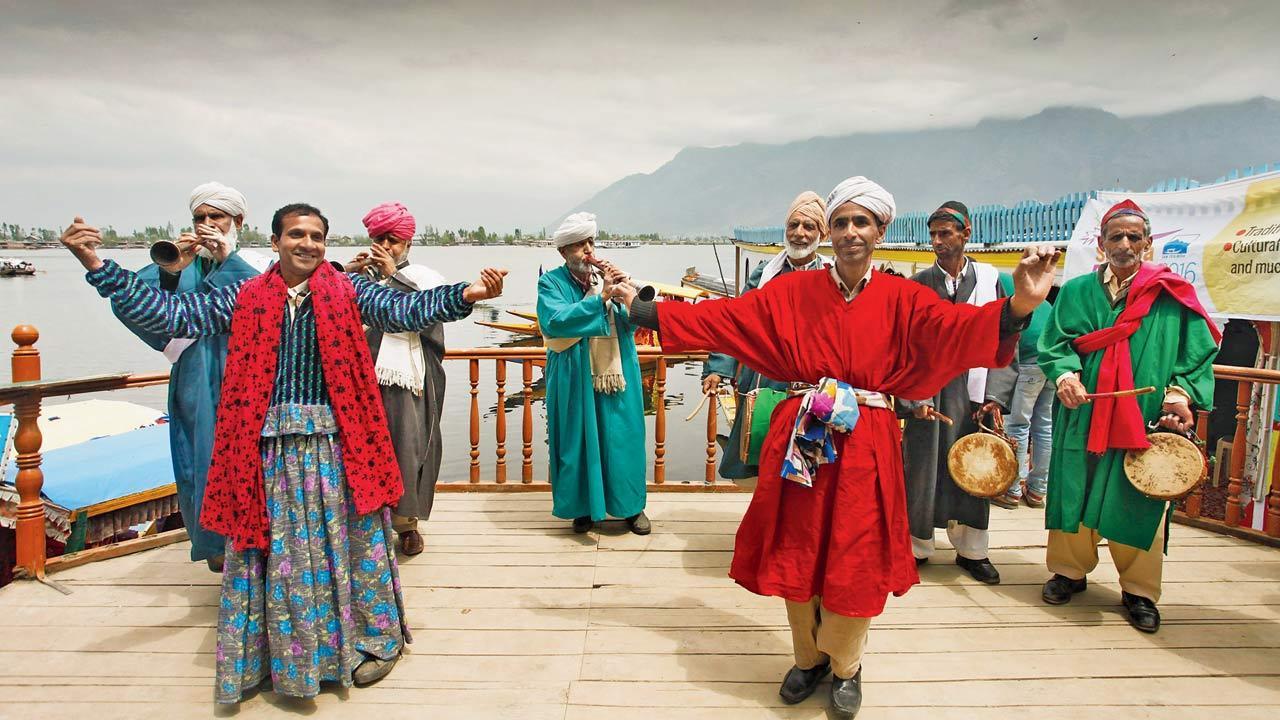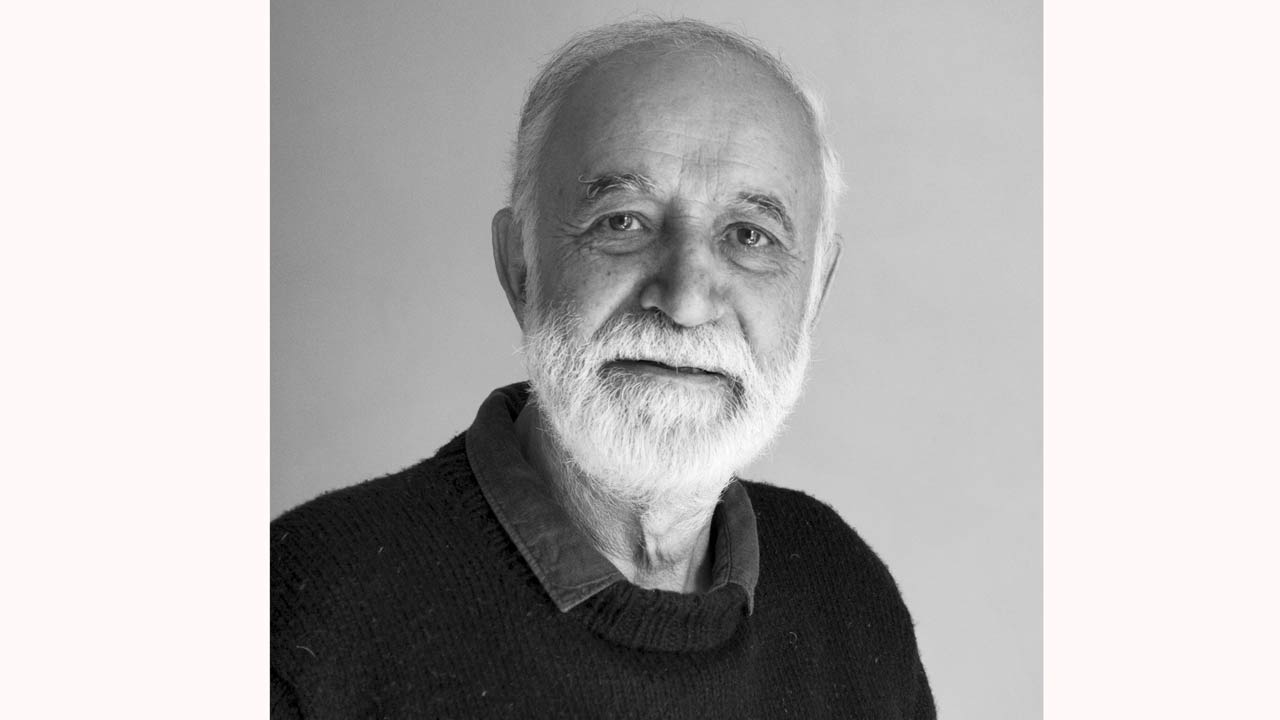MK Raina’s biography documents a life devoted to secular activism and the advancement of theatre and the arts against the backdrop of a turbulent Kashmir

Kashmiri traditional artists perform Bhand Pather at Dal Lake. Pic/Getty Images
It seemed our work was like that of a darner, who with needle and thread was quietly trying to repair the torn fabric of our Valley,” MK Raina writes in his new biography Before I Forget. The sentence weaves together the two central themes running through the actor, director and activist’s memoir: the separatist militant insurgency in Kashmir that wrecked and divided the land and its people, and a resolute belief in the power of art—to heal the wounds of history.
ADVERTISEMENT
Raina paints a lively portrait of his early years in the Valley, of heroic cricket matches played on ponds that froze over during the winters, of majnugiri or imagined one-sided romances, and of the early introductions to theatre and music through plays using special effects and mehfils that exposed him to Hindustani classical music and Kashmiri Sufiyana. In the late 1960s, Raina, who calls himself “a product of Indian socialism” having benefited from state support for the arts, joined the National School of Drama. This became a formative period in his life that instilled a spirit of protest, a strong affinity with the city of Delhi—the ‘fulcrum’ of his professional and political life—and a lifelong commitment towards nurturing the theatre movement in the country.
 MK Raina
MK Raina
The book charts his extensive travels across the country to plant the seeds of theatre, from workshops in Imphal and Ladakh to those for orphaned Kashmiri children to aid in their rehabilitation and with the region’s Bhand Pather community, culminating in the theatrical experiment ‘Badshah Pather’, his adaptation of Shakespeare’s King Lear to the folk tradition. It also documents other creative pursuits such as his involvement with the parallel cinema movement in the 1970s, and his work with filmmaker Saeed Mirza on a film on post-Blue Star Punjab.
Most compelling in Raina’s narrative perhaps is the pervasive presence of Kashmir registered through repeated reports of agitations, police firings and curfews, culminating in one harrowing account of the period of his mother’s illness and death and the efforts to get her cremated at the peak of the Kashmir insurgency. Before I Forget is a record of Raina’s life and work but also finds the artiste mourning the loss of home, people and relationships after the Pandit exodus of 1990 and returning over and over again to an altered and ravaged land with the hope of repair.
 Subscribe today by clicking the link and stay updated with the latest news!" Click here!
Subscribe today by clicking the link and stay updated with the latest news!" Click here!












